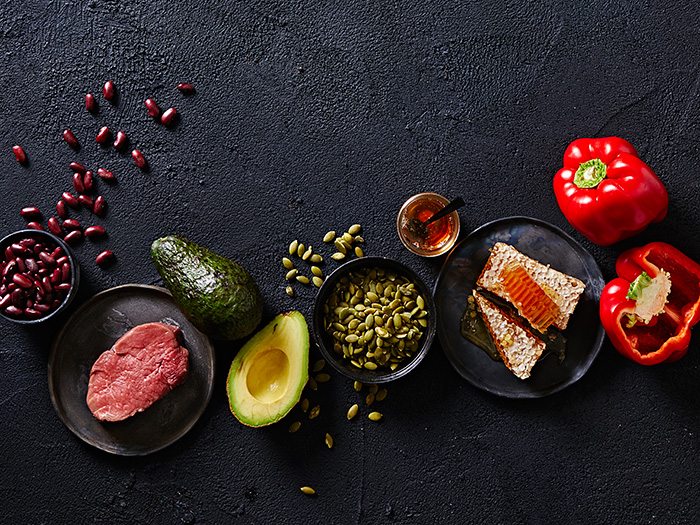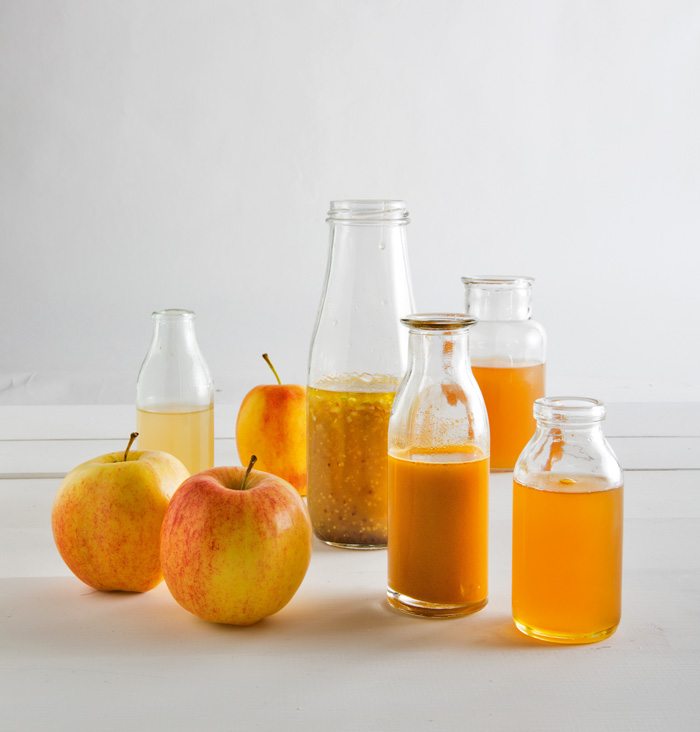The human body has an extraordinary capacity to heal itself – if you fall and graze your knee, a sequence of internal first-aid processes are set in motion to repair your wounds. Science has come to the party with the addition of antiseptics, antibiotics and pain relievers, as well as less-invasive surgical procedures, all of which assist the body to recover from injuries it receives whether by accident or in the operating theatre.
Our bodies know when something is not right, so when a wound is inflicted, initially the body will fight off infection and then it’s a matter of rebuilding the cells and skin that have been damaged.
It all starts with haemostasis, when the first-aid process kicks in, slowing and stopping the flow of blood. Once bleeding is controlled, the inflammation phase powers up, where inflammatory cells necessary to prevent infection migrate into the wound. Heat, pain, redness and swelling of the area are common during this stage. From here, the construction work starts with the proliferation phase. New blood cells and tissue (mainly composed of collagen and elastin) are built and new skin forms. Maturation follows, when the wound fully closes and the new collagen is remodelled – a phase that can continue for a year or more.
Wound healing takes energy, rest and time. You need to listen to your doctor and follow their advice for optimum results, but you also need to listen to your body.
After a surgical procedure, your body goes through a similar process while it is recovering. You will, of course, receive instructions before the surgery, but your prep can start even before then. Recent research from the University of Michigan, published in Surgery, reports that basic fitness and wellness coaching, administered in advance, could reduce a patient’s average hospital stay by two days – from seven days down to five, when compared to a control group.
The study followed a regime set out in the Michigan Surgical and Health Optimization Program (MSHOP), an initiative aimed at helping patients target and strengthen weaknesses before surgery. Aspects of behavioural change before surgery include diet, reducing stress, breathing exercises, light physical activity and smoking cessation.
Always check with your doctor if there are supplements or herbs you should stop taking before surgery as they may interfere with the procedure.
While you are recovering from surgery or an injury, it may feel like you’re doing nothing as you sit, reading your novel or watching TV, but your body is actually working very hard to heal. To help with this process, it needs the right fuel. This includes nutrients such as vitamins A, B, C and D, zinc, and iron, along with protein and plenty of healthy fats to balance out the saturated fats present in your protein sources. You can find all these nutrients in natural whole foods.
AVOCADO
This creamy fruit contains omega-3 fatty acids – the good kind of fat that helps reduce inflammation and sustain healthy skin cells.
PEPITAS
Better known as pumpkin seeds, these little kernels contain protein and iron, as well as zinc. Add to trail mixes, salad and muesli.
CAPSICUM
Whatever your colour preference these tasty veggies offer a hefty dose of vitamin C to help the body form new tissue.
LEAN RED MEAT
Protein is a must while you heal as tissue requires it to repair. For vegetarian options, try quinoa and soy foods.
KIDNEY BEANS
Easily added to salads and stews, kidney beans are a good source of iron, which is essential to the oxygenation process that promotes healing.
HONEY
Yes, manuka honey tastes good, but research shows that its antibacterial properties can help speed up healing when used as a wound dressing.







